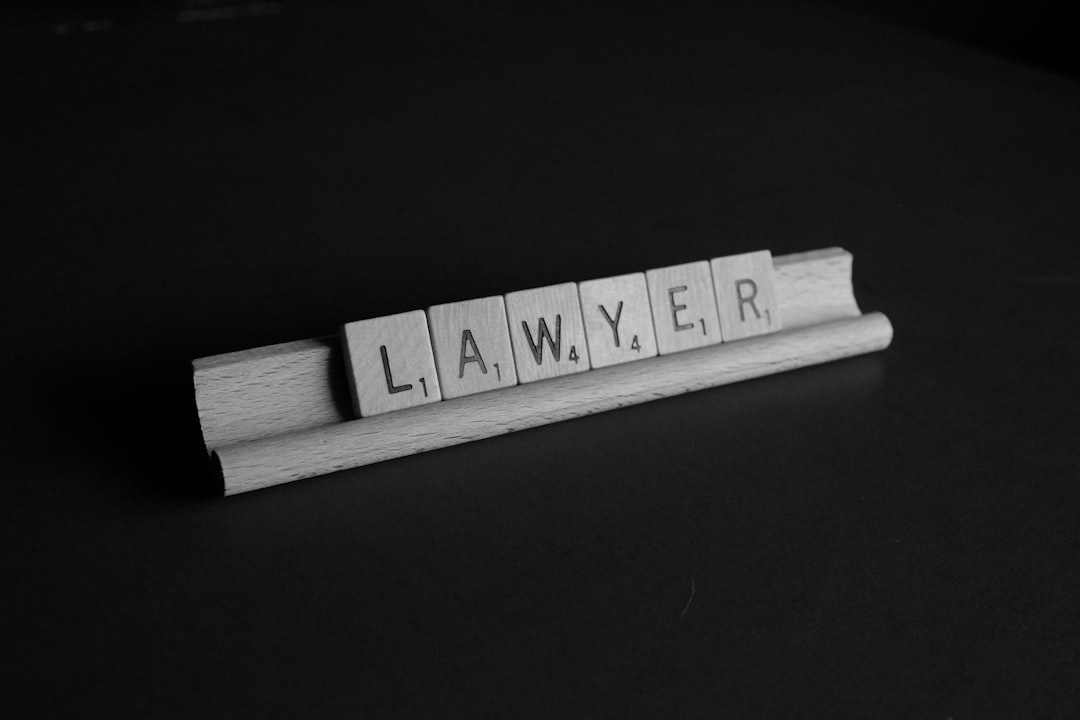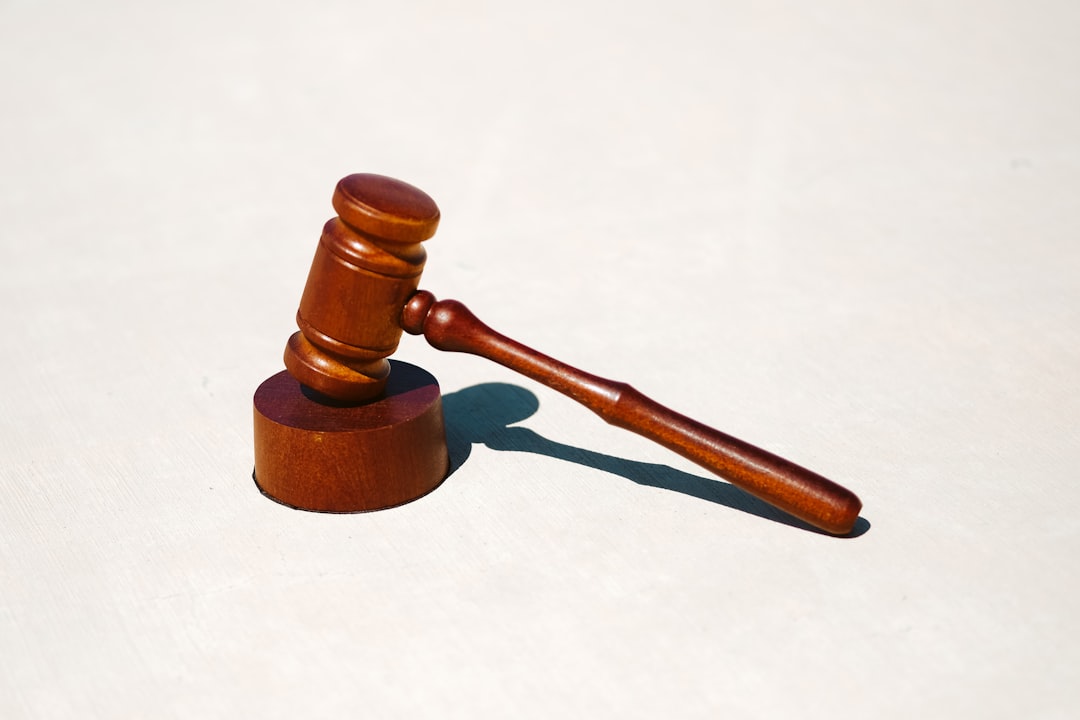Federal laws in the U.S., including CAPTA, ERPA, Title IX, and IDEA, protect K-12 and college students from physical, emotional, and sexual abuse in educational institutions. In Columbus, Georgia, students can seek justice with help from school abuse lawyers Georgia, who navigate legal frameworks to advocate for victims, hold schools accountable, and secure compensation. Local administrators and staff, trained on regulations and student rights, swiftly address potential violations, collaborating with law enforcement and school abuse lawyers as needed. Resources like support organizations empower students and parents to understand their rights, file complaints, and protect safe learning environments under applicable federal laws.
In Columbus, Georgia, ensuring student safety is a multifaceted effort, heavily reliant on federal laws designed to protect young minds. This article delves into the intricate legal landscape surrounding school abuse, exploring key federal regulations and their impact on local protections. We analyze Georgia’s specific legal framework, highlighting critical safeguards for students in Columbus. Additionally, we discuss the pivotal roles of administrators and staff in compliance, as well as accessible resources for students and parents seeking justice, emphasizing the crucial support offered by school abuse lawyers in Georgia.
Understanding Federal Laws Governing Student Protection

In the United States, federal laws play a pivotal role in safeguarding students from various forms of protection. These laws are designed to ensure that K-12 students and college attendees alike are protected from physical, emotional, and sexual abuse within educational institutions. The emphasis on student safety has grown significantly over the years, leading to stringent regulations that schools must adhere to.
One key area where federal legislation shines is in establishing guidelines for reporting and handling incidents of school abuse. Laws like the Clery Act mandate that schools maintain transparent records of crimes occurring on campus, providing parents and students with crucial information about their safety. Furthermore, these laws empower students who have experienced abuse by enabling them to seek justice through legal channels. For those facing school-related abuse in Columbus, Georgia, connecting with reputable school abuse lawyers Georgia can be a significant step towards finding redress and ensuring that similar instances of misconduct are addressed effectively.
The Legal Framework for Addressing School Abuse in Georgia

In Georgia, the legal framework for addressing school abuse is underpinned by a series of federal laws designed to protect students from harm within educational institutions. These include the Child Abuse Prevention and Treatment Act (CAPTA), which mandates reporting and investigation of suspected child abuse, including incidents occurring in schools. Additionally, the federal Education Rights Privacy Act (ERPA) ensures that student records are kept confidential, safeguarding personal information from misuse.
School abuse lawyers in Georgia play a crucial role in navigating this legal landscape. They advocate for students who have experienced physical, emotional, or sexual abuse in school settings, ensuring that their rights are protected under both state and federal laws. These attorneys work to hold educational institutions accountable, pursue justice, and secure compensation for victims of school abuse.
Specific Protections for Students in Columbus, GA

In Columbus, Georgia, federal laws play a pivotal role in safeguarding students from various forms of harm and ensuring their well-being within educational institutions. One of the key protections is Title IX, which prohibits sexual harassment and discrimination based on gender in schools. This law has been instrumental in addressing and preventing school abuse, including bullying and sexual assault, fostering a safer environment for all students.
Additionally, the Individuals with Disabilities Education Act (IDEA) ensures that students with disabilities receive a free and appropriate public education. It mandates accommodations and specialized services to support their learning needs, thereby promoting inclusivity and equal protection under the law. For families seeking legal counsel regarding school-related issues, Columbus offers a network of experienced school abuse lawyers Georgia who are adept at navigating these federal protections to ensure students’ rights are upheld.
Role of School Administrators and Staff in Compliance

School administrators and staff play a pivotal role in ensuring federal laws aimed at protecting students are upheld. They are responsible for implementing policies and procedures that align with these legal frameworks, creating a safe and supportive learning environment in Columbus, Georgia. Regular training on federal regulations, such as those related to student rights and school abuse prevention, is essential to keep them informed about their duties and the latest legal requirements.
These professionals act as the first line of defense against potential violations, including instances of school abuse. They must be vigilant in identifying red flags, reporting suspicious activities, and promptly addressing any concerns raised by students or their guardians. Collaboration with local law enforcement and reputable school abuse lawyers in Georgia can help them navigate complex legal issues and ensure appropriate actions are taken to protect vulnerable students.
Accessing Justice: Resources for Students and Parents in Georgia

In Columbus, Georgia, students and parents have access to various resources when seeking justice for potential school abuse cases. The first step is understanding the applicable federal laws designed to protect students from harm within educational institutions. One crucial resource is consulting with school abuse lawyers in Georgia who specialize in these matters. These legal professionals can guide individuals through the complex process of filing complaints, understanding their rights, and navigating the education system’s bureaucratic intricacies.
Local support organizations and community advocates also play a vital role in empowering affected parties. They provide information, counseling, and assistance in connecting with relevant government agencies and legal services. By leveraging these resources, students and parents can ensure that their voices are heard and that their rights are protected under federal laws aimed at maintaining safe learning environments.



